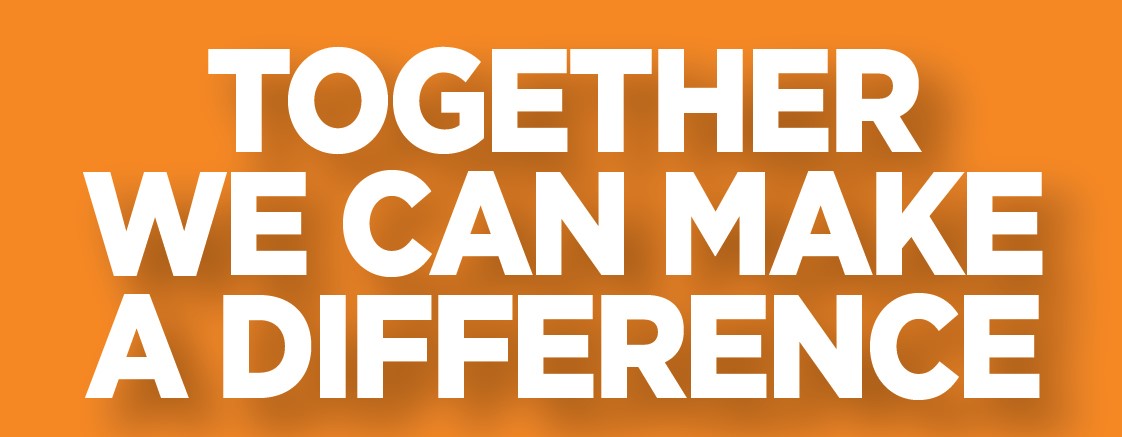Watching nature on an ordinary television relieves boredom and negative emotions, according to a study. But interacting with nature in virtual reality (VR) leads to greater improvements in positive mood and nature connectedness.
Many people say they notice the psychological benefits of reconnecting with nature during the COVID-19 pandemic — whether in their backyards, in public parks, or in the countryside.
Numerous studies indicate the mental health benefits of experiencing nature first-hand. However, not everyone is fortunate enough to have direct access to natural environments, not least care home residents and hospital inpatients with limited mobility.
Television provides a window to the outside world for these individuals, and watching nature programs may therefore be a good way to improve their mental well-being.
In particular, nature documentaries may relieve boredom, which research has found to be associated with loneliness, agitation, and depression among care home residents.
Psychologists at the University of Exeter and the University of Surrey in the United Kingdom wanted to investigate whether experiencing nature through a VR headset provides advantages for mental well-being compared with watching it on television.
They were also curious to know if interacting with a virtual natural environment brings any additional benefits compared with a more passive VR experience.
They reasoned that the more immersive the experience, the more “presence” people would feel, improving their mood and sense of connectedness with nature.
Contrary to their expectations, they found that television was just as effective as the two forms of VR for relieving boredom and negative mood states such as sadness.
“Our results show that simply watching nature on TV can help lift people’s mood and combat boredom,” says Ph.D. student Nicky Yeo, who led the research.
“With people around the world facing limited access to outdoor environments because of COVID-19 quarantines, this study suggests that nature programs might offer an accessible way for populations to benefit from a ‘dose’ of digital nature.”
However, interactive VR did lead to greater improvements in positive mood and nature connectedness compared with passive VR, which in turn was superior to watching television.
Dr. Mathew White, a psychologist at Exeter and one of the new study’s authors, concludes:
“Virtual reality could help us boost the well-being of people who can’t readily access the natural world, such as those in the hospital or long-term care. But it might also help encourage a deeper connection to nature in healthy populations, a mechanism which can foster more pro-environmental behaviors and prompt people to protect and preserve nature in the real world.”
To simulate the emotional state that many people in hospitals and care homes experience, 96 volunteers watched a 4-minute video designed to induce boredom.
In the film, a man monotonously describes his work at an office supply company, including a client conversation, eating lunch at his desk, and the price of stationery.
Participants were then randomly assigned to one of three conditions:
- Watching a tropical coral reef with colorful fish and a turtle on a high-definition television.
- Watching a scene from the same reef through a VR headset providing 360° views from a fixed point.
- Watching a similar, computer-generated scene through a VR headset, moving around, and interacting with the fish and coral using a handheld controller.
The first two conditions used unseen footage from the renowned BBC television series Blue Planet II. The show’s team helped ensure that the visual and auditory content matched closely across the three scenarios, each lasting 5 minutes.
All three included a documentary-style narrative read by the same person — not Sir David Attenborough, the show’s original narrator.
Before and after the viewing experience, participants answered questions about their feelings of nature connectedness, their mood, and boredom level. In addition, after the experience, they reported how “present” they had felt.
All three experiences significantly reduced boredom and negative mood while increasing positive mood and nature connectedness.
In terms of boredom or general mood, there were no significant additional benefits from either VR experience compared with watching a similar scene on television.
However, there was an association between the interactive VR experience and significantly greater positive mood and nature connectedness than either 360° VR or TV. These improvements appeared to be mediated by a greater sense of presence during the experience.
The team is now planning a field trial of nature experiences involving care home residents or people in medical environments.
It is worth noting that the researchers did not design the study to determine whether nature documentaries are any more effective than other forms of television entertainment, such as comedy or game shows, for relieving boredom.
The researchers further acknowledge some limitations of their study. They report that the boredom induction video, which lasted only 4 minutes, produced only moderate boredom levels in participants.
In addition, the BBC’s Blue Planet II series became the most-watched TV program of 2017 in the UK. Therefore, it may not reflect the efficacy of an average nature documentary for improving mental well-being.
This article is from Medical News Today – https://www.medicalnewstoday.com/articles/virtual-reality-nature-boosts-positive-mood?utm_source=twitter&utm_medium=social&utm_campaign=owned&utm_content=2020-10-22


